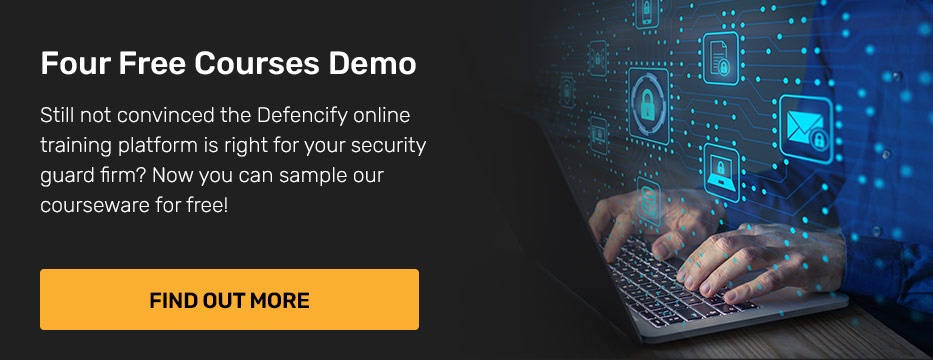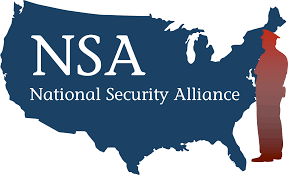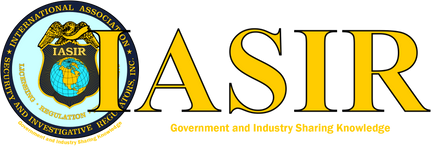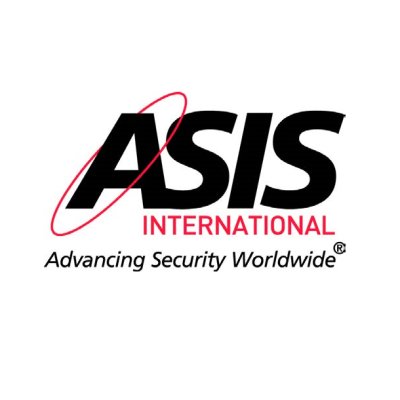
Online Training
5 Requirements of Security Guard Training
Michelle Miller
Your security guards are an important asset to your client's protection and safety measures, but without proper training, they can be ineffective or potentially even dangerous.
Security guard training is essential for all security guards. It is important for your guards to know the basics of law enforcement, how to protect themself and others in dangerous situations, and how to keep themselves safe when working in hazardous areas.
Security guard training is a critical component of any security operation. But what are the requirements for this training? And can it be done online? These questions and more will be answered in this blog post, where we'll cover five basic things your guards should expect from security guard training.
Or, if you’re looking to become a security guard, these are important items to note.
The Liability and Legality of Being A Security Guard:
Security guards are expected to interact with and handle many unpredictable individuals and situations. Because of this, they need to know how to protect themself and others in dangerous situations. They also need an understanding of what they can and can't do on the job. While some of these things are handled through legal contracts signed prior to starting a job, security guard training is still vital for every new officer's understanding of their role within the law.

Different states have different rules stating what officers will and won't be allowed to do. There are certain legal standards of professional behavior that are expected, even under immense pressure, and it's critical that your training program goes into detail on these expectations.
For example, security guards are expected to uphold the constitutional rights of all Americans and be aware of any unlawful force that they might face while on duty at a private location or public space. Your training program should give detailed instruction on how to deal with different situations that involve people in various states of distress.
Basic Security Guard Techniques:
Depending on the type of job, security officers may need to know how to use weapons, unarmed combat tactics, and other protective equipment. These skills, appropriate to what your guards need, should be explained in detail during your security guard training program.

This includes knowing what's appropriate for the type of situation - for example, pepper spray is more useful than a gun when you're dealing with somebody who's unarmed or just has their fists.
Next, a security guard will need to know how to identify danger and make split-second decisions about what action should be taken in response.
Every security officer should know the basics of self-defense techniques.
Last but not least, security staff needs to know how to identify people who may be a threat or at risk of becoming violent. This is something that comes with experience but should be covered in your training.
Communication Training:
Security guards should be trained to use their voice, tone, and body language in a way that is both calming and authoritative.
Communication training for security guards includes teaching them how to talk correctly with people who aren't following the rules or obeying commands. Security officers are also taught about using forceful but calm tones of speech when issuing orders or requests.
Most security guard training programs include some form of communication training, and courses can often be completed online.
Weapons of Mass Destruction:
Security officers are one resource that can provide essential protection against terrorist threats, but they will need training in order to do so.
For some security officers, a basic training course will be sufficient. For others with more demanding roles or advanced degrees in the field of terrorism studies, there are many specialized courses available to meet their need for knowledge and practical skills.
Although it is important that your security team has at least an understanding of what weapons of mass destruction are capable of and how to identify potentially suspicious behavior, it is also critical to have a general understanding of how security officers should react if they encounter a terrorism situation.
Security guards are crucial resources during emergencies, and it is important for them to have a general understanding of what they should do if the situation escalates.
Observation and Documentation Training:
Security guards are required by law to keep detailed records of their observations, the date and time they took place, as well as any actions taken. This training should include feedback and tips for observation and documentation techniques.

It is crucial that security guards are trained in observation and documentation, as it will help them to keep detailed records of their observations during emergencies or other situations.
Where Can I Find Security Guard Training?
Due to recent events, many institutions and organizations are slowly transitioning to remote access, and security guard training courses are no different.
Our online Defencify training courses are affordable and convenient. Online classes work well for people who have other obligations during the day that prevent them from attending in person training. Online classes also work well for those who live in remote areas and might not have access to a training facility. Online courses, when done right, can be engaging and fun, ensuring more retention of the material.

We work with you to ensure that all of your guards are properly trained, based on your unique needs, and ready to start the job with confidence.
Learn more about Defencify and how online training can give you a competitive advantage.










